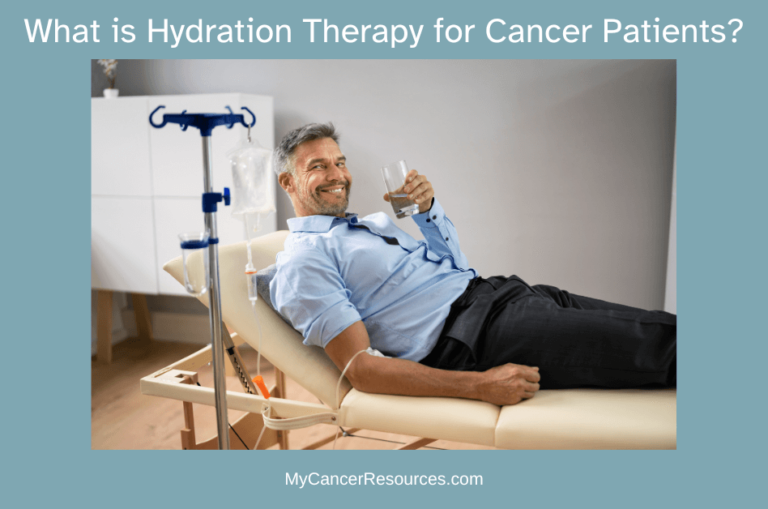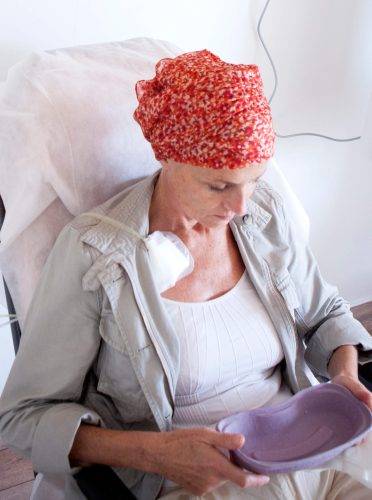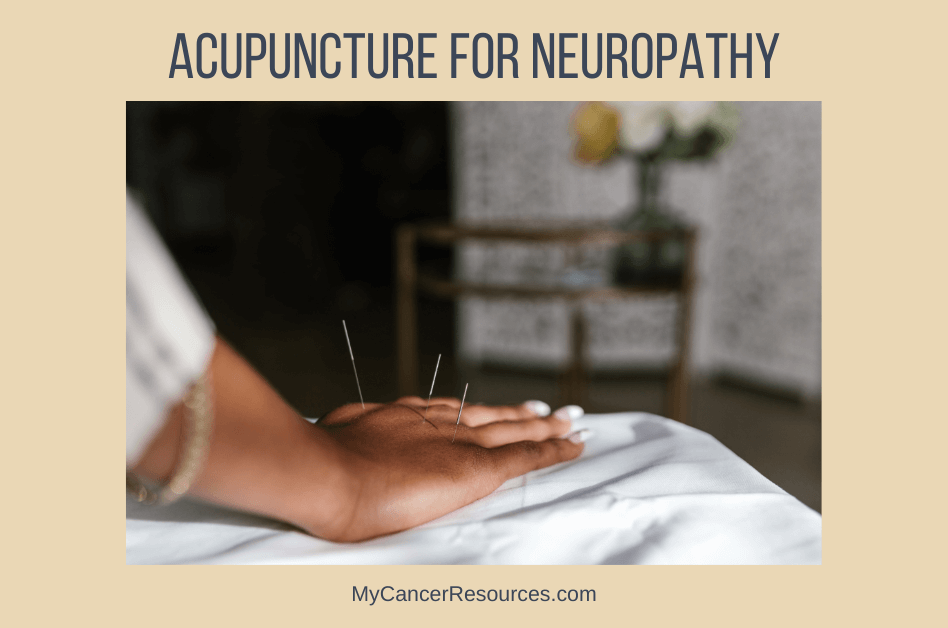
The importance of hydration during cancer treatment cannot be overstated. Proper fluid levels are necessary to keep your immune system working well to fight off cancer cells. Hydration also improves energy and helps ensure all your organs are working as best as they can. But some people with cancer struggle with dehydration. This article explores what is hydration therapy for cancer patients, why it’s important, and how it can help you feel better.
Hydration therapy for cancer patients has a number of benefits:
- reduces weakness and fatigue
- helps flush toxins out of the body
- reduces treatment side effects including nausea and constipation
So let’s read on to learn how to prevent dehydration, and how to treat dehydration if it occurs.
Understanding Dehydration: Causes and Signs
Dehydration is a result of losing more fluids than you take in. It isn’t just about feeling thirsty; dehydration can be brought on by cancer treatment. While these treatments target cancer cells, they can lead to fluid loss through side effects of chemotherapy treatment and radiation therapy, including vomiting, diarrhea, and excessive sweating.
Mouth sores are another common side effect of cancer therapy that can make it difficult to drink much fluid. Standard cancer treatments can also change the way food and drinks taste, making it even less likely that you want to drink or eat.
Even the cancer itself can contribute to dehydration when it impacts your digestive system and reduces your urge to drink enough fluids.
Signs of Dehydration
It’s important to keep an eye out for signs of dehydration, including the following symptoms:
- Dry mouth
- Feelings of thirst (by the time you feel thirsty, your body is already experiencing mild dehydration)
- A sudden drop in energy levels
- Changes in blood pressure
- Dark yellow urine, sometimes with a strong odor
- Dizziness or feeling lightheaded
- Urinating less often than usual
- Confusion
- Sunken eyes
Hydration Therapy: How It Works
Most people will think hydration therapy is simply a matter of drinking more water. While this is important, it’s not everything.
Maintaining the balance between fluids and preventing electrolyte imbalances is the key to hydration therapy.
There are lots of options for hydration therapy that you can do at home: drinking plain water, herbal teas, or coconut water all help maintain good hydration levels without drinking sugary sports drinks.
Aim to drink at least 8 glasses daily. Your healthcare provider may recommend a different amount based on your treatment plan and current levels of dehydration.
If swallowing large amounts of fluids is difficult, try sucking on ice chips to supplement your fluid intake.
If you want something more flavorful, you can infuse your water with slices of fruit. You can also try some of these juicing recipes specifically for people with cancer.
Some foods with high water content include watermelon, cucumbers, grapes, cantaloupe, pineapple, celery, broccoli and tomatoes. Adding these foods into your diet can be a great way to increase fluid intake
For those that have a hard time drinking that a lot of fluids, or eating more high water content foods, IV hydration therapy is another option.
IV Hydration Therapy for Cancer Patients
IV Hydration therapy for cancer patients involves using an IV either through your arm or port to get fluids and electrolytes directly into your bloodstream. There are a number of benefits to receiving IV hydration therapy:
- it avoids fluids going into your stomach, so can help avoid the nausea and vomiting that can be common after chemo infusions.
- the body can better absorb nutrients that bypass your stomach since they’re not broken down in the digestive system
- faster absorption of fluids to carry nutrients to cells, flush out toxins and prevent constipation
IV hydration therapy can also have medications to prevent nausea or other meds or vitamins (some regularly receive intravenous vitamin C during cancer treatment) added to the fluids for additional benefits.
IV hydration therapy appointments typically take 30-60 minutes. Sometimes this is offered as a service immediately after chemo in the infusion center, while others go to a freestanding IV infusion therapy clinic to receive this therapy.
Navigating the Hydration Journey Together with Your Caregivers
Your caregiver and health care provider can play a big role in making sure you are taking in enough water and nutrients to stay hydrated.
Let them know if you’re experiencing a loss of appetite, are feeling nauseous or have severe diarrhea or vomiting. They can help keep an eye out for signs and make sure you avoid experiencing severe dehydration, which could require a hospital stay to rehydrate.
Healthcare providers can create a treatment plan that helps you manage fluid loss and ensure you consume enough fluids. The holistic approach can include both oral intake and intravenous hydration therapy, whatever it takes to ensure adequate hydration and reduce the risk of dehydration.
When you’re hydrated, your body functions better, boosts your immune system to fight against the risk of infection, provides more energy and overall improves your quality of life.
Talk to your healthcare professionals about whether oral or IV hydration therapy is an effective solution to maintain proper hydration levels.
I hope this has been a helpful overview of the role hydration plays in a cancer patient’s body and answered the question, “what is hydration therapy for cancer patients?” It’s important for patients and family members understand the vital role of hydration and the different types of approaches that can be taken.
There are many different ways that hydration therapy for cancer patients can be incorporated into your daily life to help you feel better, help your body function at is best and improve your quality of life.
Work with your cancer care team to determine how much water and other fluids you need to combat the side effects of chemotherapy drugs and prevent dehydration from interfering with your life. It’s amazing what a difference proper hydration levels can have on how you feel.



